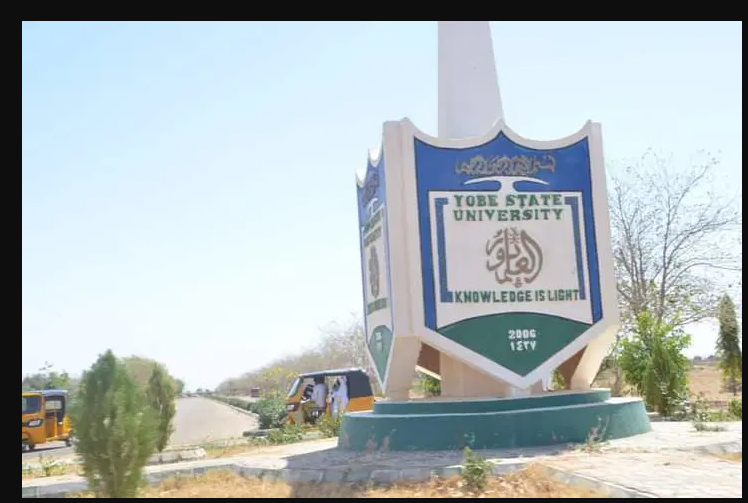The Academic Staff Union of Universities (ASUU) at Yobe State University has declared its resolve to continue an ongoing strike, asserting that the ₦70,000 minimum wage adjustment implemented in July by the state government is insufficient to meet the union’s wider demands.
Speaking at a press briefing in Damaturu on Monday, ASUU Chairman Dr. Ahmed Karage acknowledged that while the new wage structure was a positive development, it alone does not address the long-standing grievances that triggered the industrial action.
“Although the consequential adjustment for the ₦70,000 minimum wage was implemented in July, the union’s other demands have not been met,” Karage said.
Dr. Karage listed several outstanding issues that remain unresolved, chief among them the implementation of academic promotions that have already been approved by the university council but not yet executed. He also highlighted:
- Unpaid promotion arrears from 2018 to 2025
- Outstanding minimum wage adjustment arrears from 2019 to 2024
- Salary awards for academic staff for 2023 to 2025
- Unpaid wage arrears covering the period from January 2024 to June 2025
The ASUU chairman made it clear that until these issues are addressed in totality—and not piecemeal—the strike action will persist.
“The strike will be called off only after a Memorandum of Understanding (MoU) is signed between the union and the state government,” he stated.
While defending the union’s stance, Karage appealed to parents, students, and the public for understanding and patience, emphasizing that the union’s struggle is rooted in a vision for academic dignity, fair compensation, and institutional progress.
“This is not a fight against the government, but a call for justice for academic staff who have continued to work under difficult conditions without due recognition or reward,” he explained.
The Yobe ASUU strike reflects a broader pattern across many state-owned universities in Nigeria, where academic staff continue to press for improved conditions, unpaid benefits, and fair treatment in line with national university standards.
Education analysts warn that the prolonged strike could further derail academic calendars, deepen student frustration, and undermine the credibility of public universities in the region if urgent steps are not taken.

